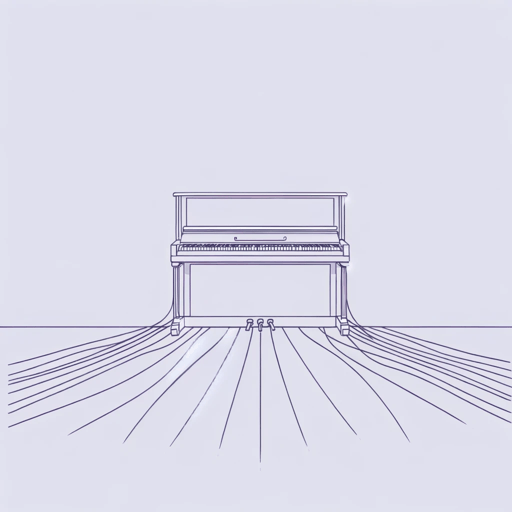17 pages • 34 minutes read
Adrienne RichLiving in Sin
Fiction | Poem | Adult | Published in 1954A modern alternative to SparkNotes and CliffsNotes, SuperSummary offers high-quality Study Guides with detailed chapter summaries and analysis of major themes, characters, and more.
Summary and Study Guide
Overview
“Living in Sin” is a lyric poem with features of a narrative poem by poet/essayist Adrienne Rich from her 1955 collection The Diamond Cutters. This poem results from Rich’s time as a married woman raising three children before her coming out to the public and feminist speaking engagements. The poem expresses the beginnings of her discomfort with traditional women’s roles that took on a more potent force in Rich’s later work, paving the way for her writing in the style of Confessional poetry, usually attributed to the likes of Anne Sexton and Sylvia Plath.
Poet Biography
Adrienne Cecile Rich was born in 1929 in Baltimore, Maryland to Arnold Rice, renowned chairman of pathology at Johns Hopkins University, and Helen Elizabeth, a composer and pianist, who were anticipating a boy they planned to name “Arnold.” Rich was raised Christian in her mother’s Protestant traditions rather than her father’s Jewish heritage. Rich’s father encouraged her interest in reading and writing and, overall, had high expectations for her learning in the hopes of fostering a prodigy. His book collection allowed her to read playwright Henrik Ibsen and poet Lord Alfred Tennyson, among others. Her mother homeschooled her until the fourth grade. She eventually attended Roland Park Country School, an all-female institution that provided role models of intelligent single women. At her time at Radcliffe, she continued to practice her writing with only male professors. During her senior year, her first collection of poetry A Change of the World won the Yale Series of Younger Poets Award, selected by English born American poet W. H. Auden. Rich received another prestigious award, a Guggenheim Fellowship, to pursue studies at Oxford University, but she chose to spend time writing and traveling in Italy.
Two years after graduating from college, Rich married Alfred Haskell Conrad, a Harvard University economics professor, in order to break free from her family of origin and perform as a woman was expected at the time. Throughout the 1950s, Rich had three children and produced her second collection of poems titled The Diamond Cutters.
In the early 1960s, transformed by motherhood, Rich wrote a third volume of poems, Snapshots of a Daughter-in-Law, exploring her tensions with the roles of wife and mother. She also won several honors at this time, including the National Institute of Arts and Letters Award. Later in the decade, Rich and her family moved to New York where she became involved with the New Left, a political movement with a broad range of interests from feminism to civil rights. This involvement led to a change in the content and form of her poems. Later in the decade, Rich took on teaching jobs at Swarthmore College and Columbia University while she and her husband hosted anti-war and Black Panther gatherings at their home.
In the early 1970s, Rich and her husband separated, with his suicide following the split. Despite this major life transition, her career continued to thrive. Along with Allen Ginsberg’s work, her collection of poems Diving Into the Wreck won the 1974 National Book Award for poetry. She chose to the accept the award with two other nominees, Alice Walker and Audre Lorde, on behalf of all women. The mid-1970s and on showed a shift in Rich, as she began a long-term relationship with novelist Michelle Cliff and wrote directly about lesbian sexuality in her poems and her socio-political essays, including “Compulsory Heterosexuality and Lesbian Existence,” for which she is most remembered.
Throughout the 1980s and the 1990s, Rich and her partner moved to several cities, leading to her teaching at a variety of universities, including Rutgers University, UC Santa Cruz, and Stanford University, receiving an honorary doctorate from Smith College. Starting in the 1980s, Rich began to require assistance because of her rheumatoid arthritis, which she had been diagnosed with in her early twenties. She did not let any challenges stop her as she continued to participate in feminist and political activities and organizations, including the New Jewish Agenda, which produced a journal for Jewish feminists that Rich edited, and the International Conference of Women, Feminist Identity, and Society in the Netherlands, for which she gave a rousing keynote speech about the connection between female thought and the female body.
In the 2000s, Rich joined the new board of the Academy of American Poets and received iconic status for her contributions to LGBTQ+ history from the Equality Forum. In 2011, she was able to publish her last collection of poetry before her death one year later at age 82 due to her long-term arthritic condition.
Poem Text
Rich, Adrienne. “Living in Sin.” 1955. Genius.
Summary
The speaker begins the poem with a woman surveying the setting of a studio and its contents, including “the plate of pears” (Line 4). After describing the space, the poet addresses the time of day 5am and the arrival of the milkman coming up the stairs. The early morning light emphasizes the mess yet to be cleaned, such as “last night’s cheese” (Line 11). The woman suddenly comes face to face with a beetle in the kitchen.
Then, the speaker introduces and focuses attention on a male character who starts to play a keyboard before realizing it is “out of tune” (Line 17), looking at himself in the mirror, and leaving the apartment to buy cigarettes.
The speaker’s attention returns to the woman, who is a bit rattled by the morning’s annoyances as she begins domestic chores, such as making the bed and dusting while not turning off the boiling coffee pot at the right moment.
Time jumps and the speaker mentions that it is evening. At this time, the woman is “back in love again” (Line 23). Despite this feeling of love, the woman still sometimes wakes up in the middle of the night to be reminded of what awaits in the morning.
Related Titles
By Adrienne Rich
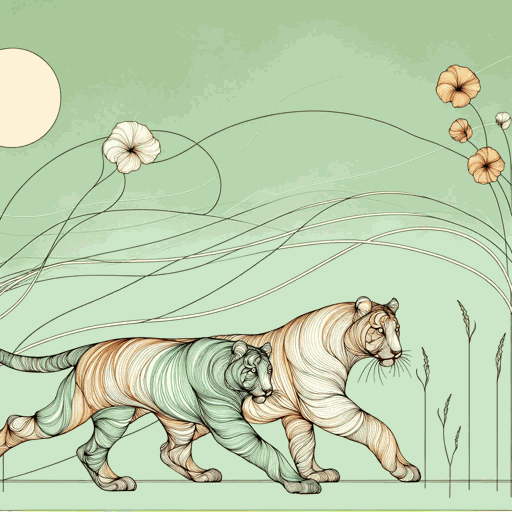
Aunt Jennifer's Tigers
Adrienne Rich

A Valediction Forbidding Mourning
Adrienne Rich

Diving into the Wreck
Adrienne Rich
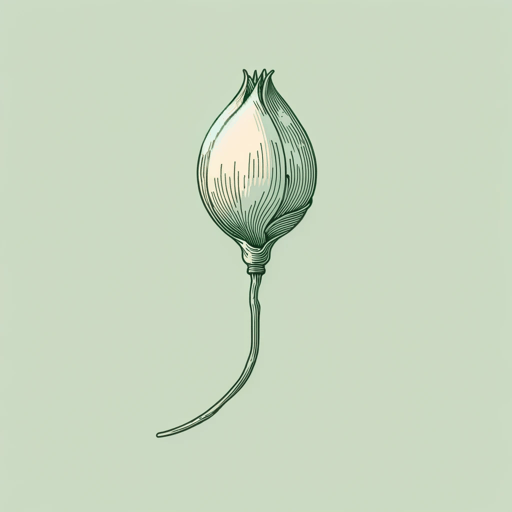
Necessities of Life
Adrienne Rich
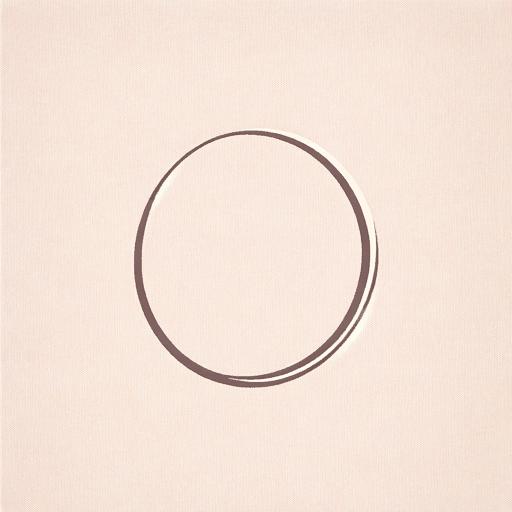
Planetarium
Adrienne Rich
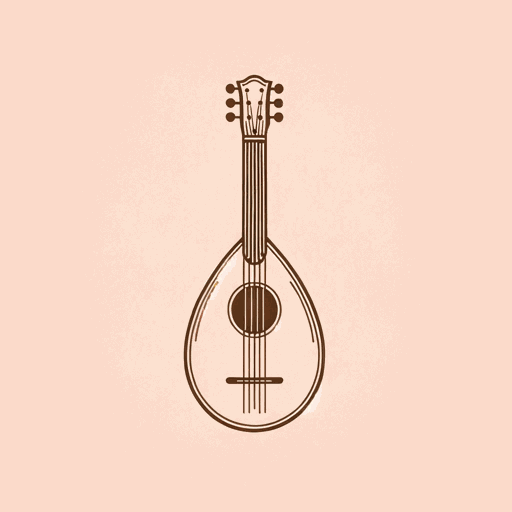
Snapshots of a Daughter-in-Law
Adrienne Rich

Tonight No Poetry Will Serve
Adrienne Rich

Vesuvius at Home: The Power of Emily Dickinson
Adrienne Rich
